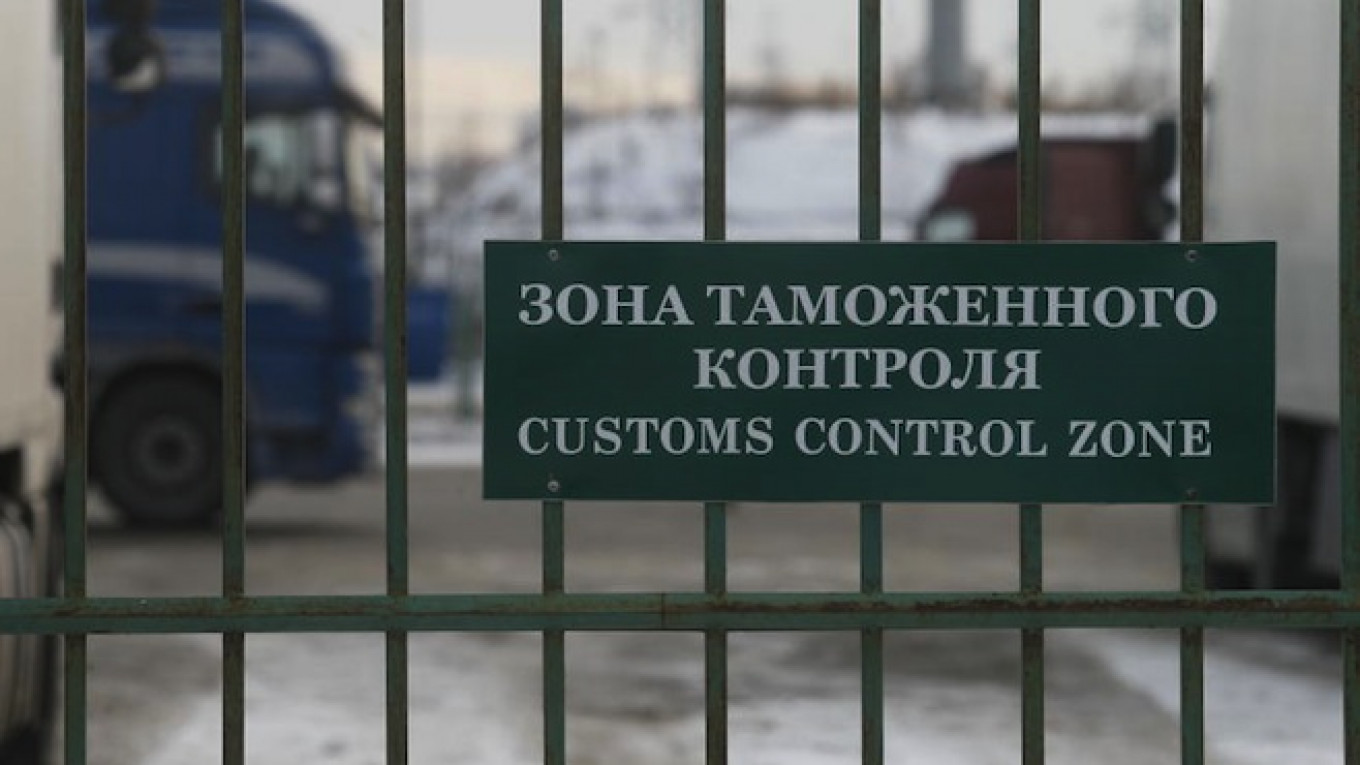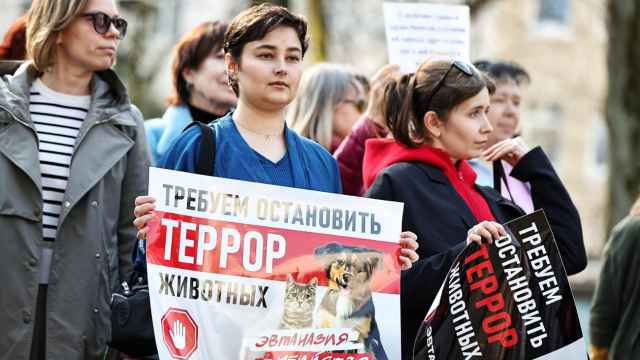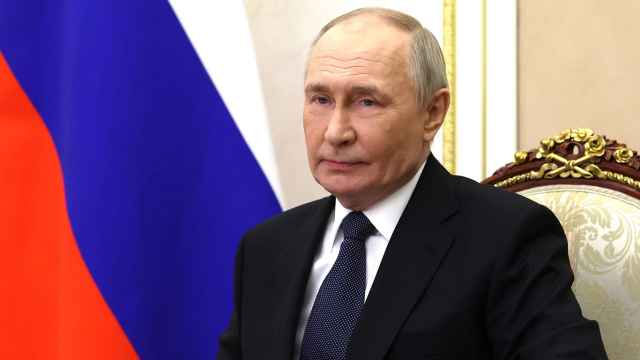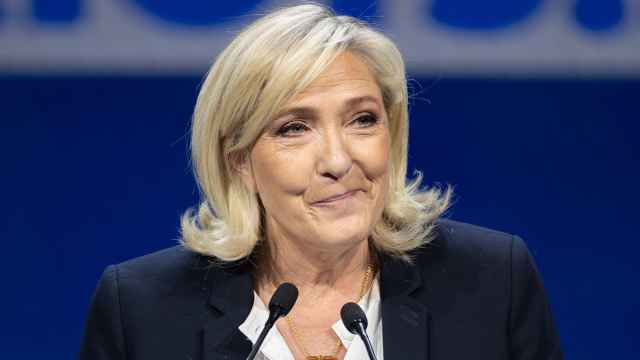Russia has banned imports of all agricultural produce from Bulgaria as of Sept. 1 over forged certificates from the EU country, Russia's agriculture watchdog said in a statement Thursday.
A wide range of food imports from Bulgaria is already subject to Russia's food embargo, which Russia introduced last year in response to Western sanctions imposed on the country over its role in the Ukraine crisis.
The new restrictions were introduced after Bulgaria acknowledged that a number of export and re-export agricultural certificates were false, agriculture watchdog Rosselkhoznadzor said in a statement.
Rosselkhoznadzor has imposed a temporary ban on all agricultural imports and re-exports from Bulgaria, the statement said.
On April 25, Russia imposed a ban on re-exported fruit and vegetables from Bulgaria over a number of cases involving fake certificates. Rosselkhoznadzor suspected that exported apples, which according to Bulgarian certificates were being re-exported from Brazil, Morocco and China, actually came from EU countries, the Interfax news agency reported at the time.
Over the past several months the Russian government has intensified its efforts to stop the import of food products that have fallen under sanctions. A presidential decree that came into force on Aug. 6 called for the destruction of all banned Western food products found and confiscated.
In July Russia prolonged the food embargo on the U.S., EU, Canada, Australia and Norway for another year. Last month it added Albania, Montenegro, Iceland and Liechtenstein to the ban list over their support for the extension of EU sanctions against Russia.
The food ban will also apply to Ukraine from January 2016 if it implements the economic portions of its association agreement with the European Union.
In the first half of this year, imports from Bulgaria to Russia totaled $211.5 million, 33.6 percent less than in the first six months of 2014. Bulgaria made up 0.65 percent of EU imports to Russia in the first half of this year, the RBC newspaper reported, citing data from Russia's Federal Customs Service.
Contact the author at a.bazenkova@imedia.ru
A Message from The Moscow Times:
Dear readers,
We are facing unprecedented challenges. Russia's Prosecutor General's Office has designated The Moscow Times as an "undesirable" organization, criminalizing our work and putting our staff at risk of prosecution. This follows our earlier unjust labeling as a "foreign agent."
These actions are direct attempts to silence independent journalism in Russia. The authorities claim our work "discredits the decisions of the Russian leadership." We see things differently: we strive to provide accurate, unbiased reporting on Russia.
We, the journalists of The Moscow Times, refuse to be silenced. But to continue our work, we need your help.
Your support, no matter how small, makes a world of difference. If you can, please support us monthly starting from just $2. It's quick to set up, and every contribution makes a significant impact.
By supporting The Moscow Times, you're defending open, independent journalism in the face of repression. Thank you for standing with us.
Remind me later.






